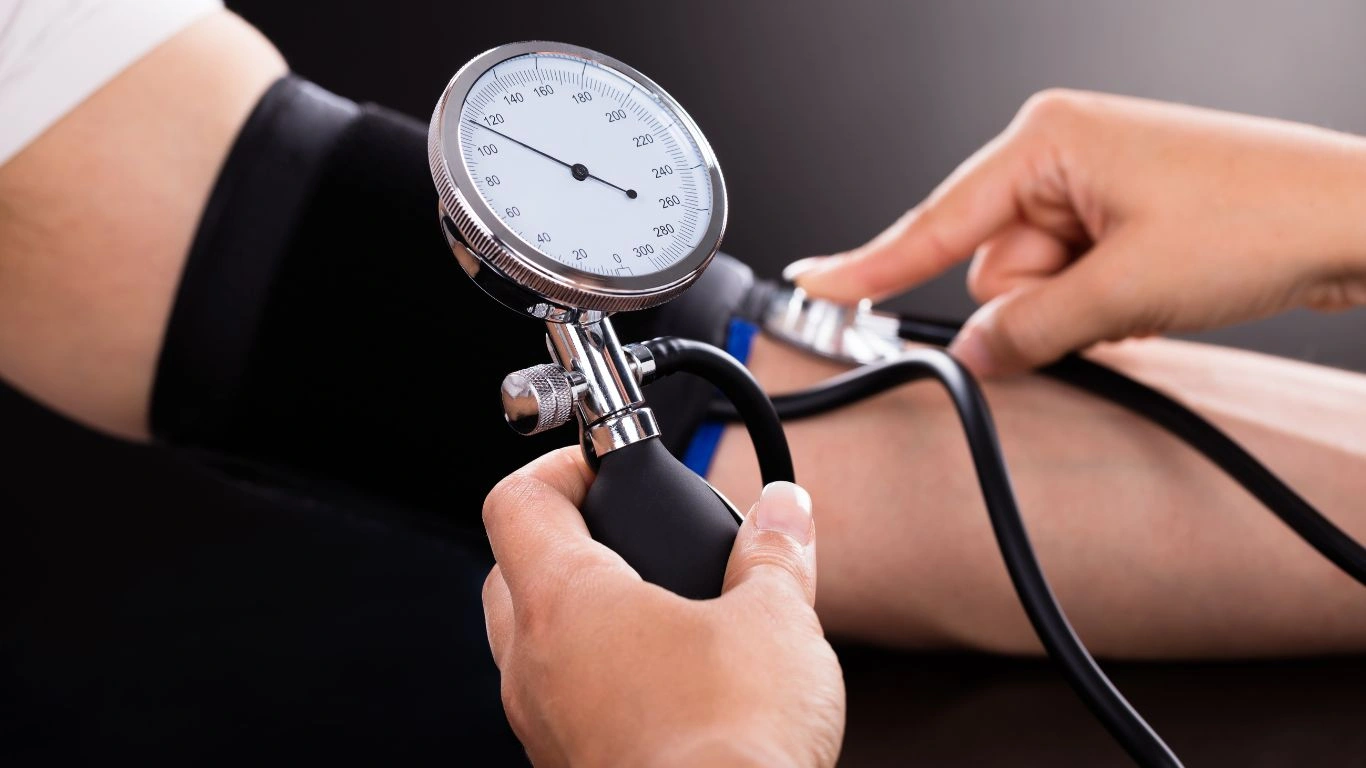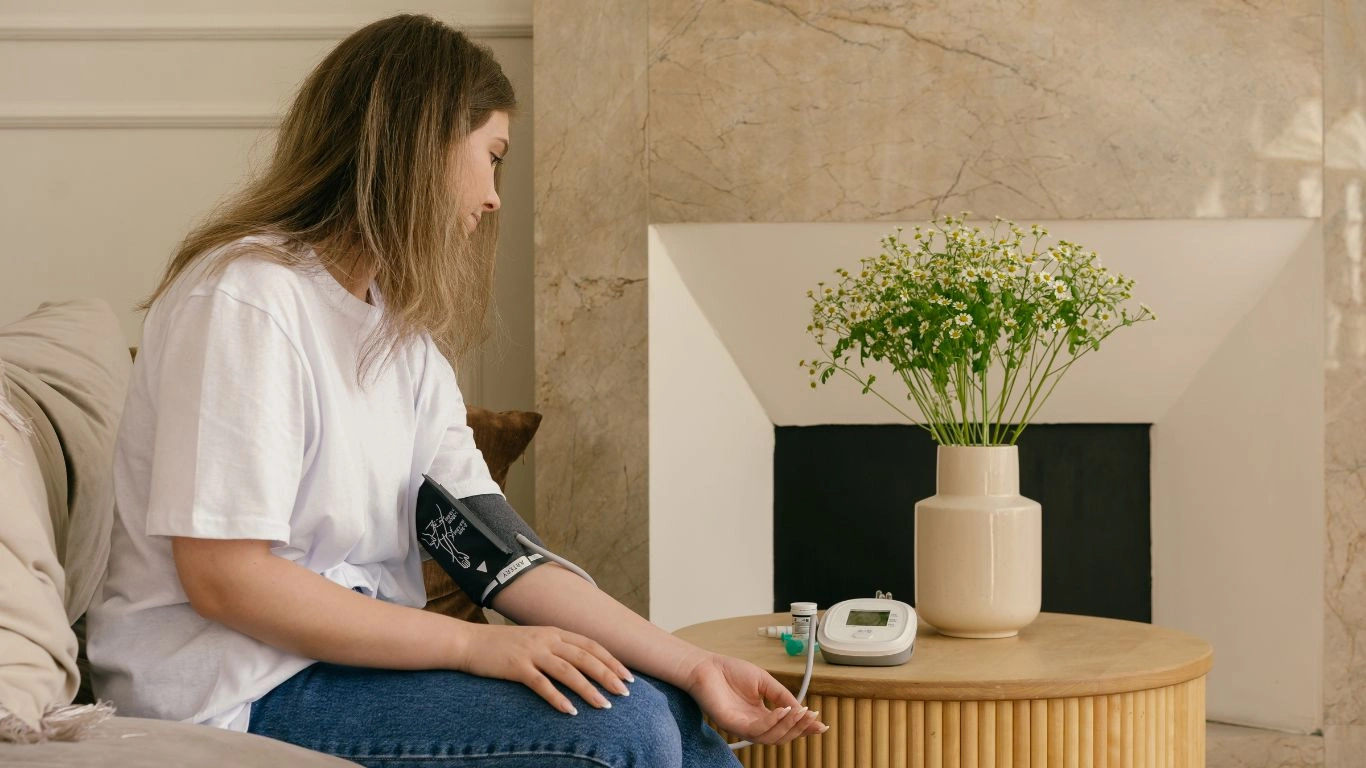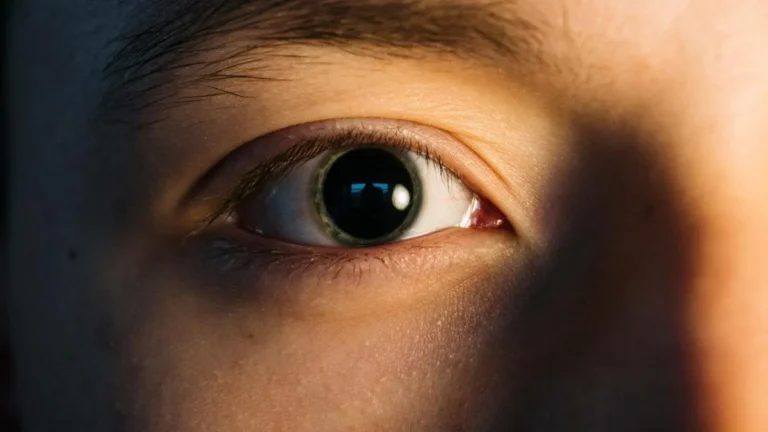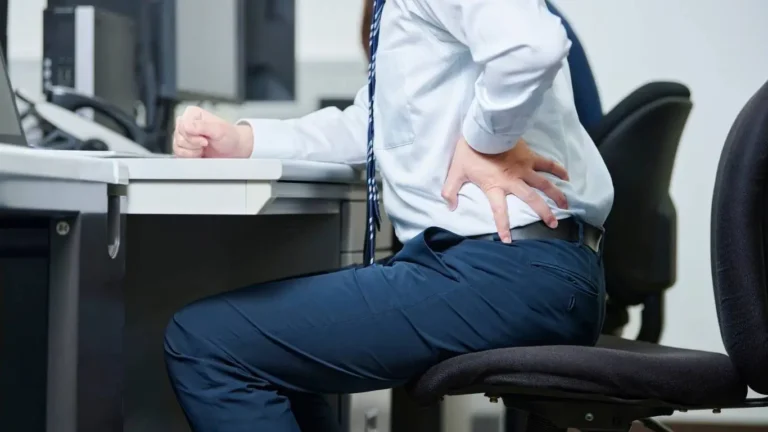Is Beetroot Really Good for Hypertension? Powerful Benefits Revealed
If you’ve ever wondered, is beetroot good for hypertension?, you’re not alone. I’ve had countless patients over the years ask me about natural ways to manage their blood pressure. And let me tell you—beets come up a lot. They’re vibrant, earthy, and surprisingly powerful. As an internal medicine physician who’s spent years treating hypertension, I’ve seen how diet tweaks—yes, even just adding a glass of beetroot juice—can make noticeable differences. Let’s dive into the science, myths, and practical side of this root veggie.
How Beetroot May Affect Your Blood Pressure

Beetroot, also known as Beta vulgaris, has become quite the nutritional celebrity in recent years. But it’s not just hype—there’s actually solid science behind its impact on blood pressure. The key player here? Nitrates.
Beetroot and Nitrates: The Natural Vasodilator
When you consume beets, your body converts the nitrates into nitric oxide. This compound helps relax and widen your blood vessels—a process known as vasodilation. I often describe it to patients like opening up a tight garden hose; the water (or in our case, blood) flows more freely, reducing the pressure.
Some small-scale studies have shown that beetroot juice can lower systolic blood pressure by up to 5 mmHg within a few hours. It’s not a magic bullet, but that’s a real drop. It’s actually kind of exciting to see how quickly it can work. I had one patient who started drinking a small glass of beet juice every morning and saw a steady improvement over a couple of weeks—nothing dramatic, but measurable.
Not All Beets Are Created Equal
Before you rush off to stock up on beetroot chips or canned beets in syrup—hold up. It’s the raw or minimally processed beetroot that holds the good stuff. Roasted beets are fine, beetroot juice is ideal, and powders can be decent if you’re short on time.
- Raw beets: Great sliced thin into salads or smoothies.
- Beetroot juice: Most effective if consumed within 2 hours of juicing.
- Beet powder: Convenient, but check for added sugars and preservatives.
What the Research Says (And Where It Falls Short)

Let’s get real for a second. While some studies are promising, not all research agrees. That’s something I always discuss with my patients—context matters. We have evidence suggesting beetroot can improve blood pressure in the short term, particularly in people with mild hypertension or pre-hypertension. But it’s not a replacement for medications or a healthy lifestyle.
Here are a few takeaways from current studies:
- Short-term beetroot juice consumption can lower systolic blood pressure.
- Effects are more pronounced in individuals with higher baseline BP.
- There’s variability in how people respond based on genetics, diet, and gut microbiota.
Translation? Some people feel a difference, others not so much. I always say: it’s worth trying—but keep your expectations realistic.
The Missing Piece: Long-Term Data
One thing I’d love to see more of as a clinician is long-term, large-scale studies. Right now, most research follows people for a few days or weeks—not months or years. We still need more data to confidently say beetroot is a sustainable, long-term strategy for hypertension.
That said, in my practice, I’ve seen enough anecdotal wins to keep it in my toolkit. And honestly, it’s a simple add-on that’s far less intimidating than changing an entire diet overnight.
How I Recommend Beetroot to My Patients

When patients ask me, “Is beetroot good for hypertension?” I tell them this: it’s a great add-on, not a magic fix. I don’t prescribe beetroot like a drug, but I absolutely encourage it as part of a bigger plan. Here’s how I guide patients to get started:
- Start with ½ cup of beetroot juice a day, preferably in the morning.
- Monitor your blood pressure and energy levels. Track changes over a week or two.
- Combine it with lifestyle changes: lower sodium, more movement, better sleep.
It’s all about consistency and observation. Some of my patients even get a little creative—adding beets to smoothies, grating them into stir-fry dishes, or even fermenting them. The key is keeping it simple and sustainable. No need to overhaul your entire kitchen.
Other Health Perks of Beetroot (Beyond Blood Pressure)

Now, while the main question we’re tackling is is beetroot good for hypertension?, it’s worth noting that this little root has a few other tricks up its sleeve. Sometimes when I’m counseling patients, especially those looking to make broader lifestyle shifts, I mention that beets aren’t just a one-trick pony. They come with a suite of bonus features—kind of like getting free upgrades without asking.
1. Anti-inflammatory properties
Beetroot contains betalains—those pigments that give beets their deep red-purple hue. These compounds have been shown to help reduce inflammation, which plays a role in hypertension and a whole host of chronic diseases. I’ve had patients who noticed that after regularly consuming beets, their joint pain slightly eased up too. It’s anecdotal, sure, but worth sharing!
2. Antioxidant support
Beets are rich in antioxidants like vitamin C, phenolic acids, and flavonoids. These help combat oxidative stress, which contributes to high blood pressure and arterial damage. In simpler terms? They help your blood vessels stay healthier, longer. And as someone who’s reviewed a LOT of carotid ultrasounds over the years, I’ll take any help I can get on that front.
3. Improved athletic performance
Interestingly, beetroot’s nitrate content has also been linked to improved endurance. I’ve had a few weekend-warrior patients tell me they feel more energetic during cardio sessions after incorporating beet juice. And while we’re not talking Olympic-level boosts, anything that gets people moving more consistently is a win in my book.
Common Questions I Get About Beetroot & Hypertension

I get a lot of questions about beets—some practical, some skeptical, and a few that just make me laugh. Here are a few that come up regularly in my office (or in late-night texts from friends who found beetroot powder at a health food store):
“Will it work if I’m already on blood pressure medication?”
Yes, and possibly even better. Beetroot can complement standard antihypertensive therapy. It’s not an either-or situation. Think of it like adding an extra gear to your car—you’re still driving, but you’re doing it more efficiently. Of course, always check with your doctor before making changes to your meds.
“Is beetroot safe for everyone?”
Generally, yes. But like anything, there are exceptions. People prone to kidney stones should be cautious due to the oxalate content. And beetroot can cause a harmless condition called beeturia—where your urine turns pink or red. It can be alarming if you’re not expecting it, but it’s totally benign. I always give patients a heads-up about that one.
“Can I just take beetroot supplements instead of juice or whole beets?”
You can, but check the label. Some powders and capsules are more hype than help. Look for products that list nitrate content and are third-party tested. Personally, I’m a fan of food-first. It’s less processed and often more affordable. Plus, you get the fiber, which supplements usually lack.
Making Beetroot Part of Your Routine

Integrating beetroot into your daily life doesn’t have to be a Pinterest-level production. I always remind folks: simple beats perfect every time. Here are some easy, no-fuss ways my patients (and even my own family) sneak beets into meals:
- Morning smoothie: Add half a cooked beet with berries, banana, and oat milk. You won’t even taste it.
- Roasted veggie mix: Cube up some beets with sweet potatoes and carrots. Drizzle with olive oil, roast at 400°F, done.
- Grated raw beet salad: Mix with lemon juice, olive oil, and a pinch of salt. Surprisingly refreshing.
- Beetroot hummus: Blend chickpeas, tahini, lemon, garlic, and beet for a pretty pink dip.
One of my patients even told me she adds beet powder to her pancake mix. Wasn’t my first thought, but hey—whatever works! The goal is sustainability, not perfection. Find what fits into your rhythm and roll with it.
Timing Matters (a Little)
If you’re using beetroot specifically to help with blood pressure, studies suggest consuming it 2–3 hours before you want to see the full effect. That’s something I tell my patients who monitor their BP at home. It’s kind of neat to see that short-term dip and know your food is actively doing something good for your body.
So yes, the answer to “is beetroot good for hypertension?” is looking better and better. In fact, it’s one of the few things I recommend that gets more smiles than side-eyes from my patients. And when something natural, accessible, and tasty earns that kind of reception? It’s worth keeping on the menu.
Potential Limitations and When to See Your Doctor

While beetroot is a fantastic, natural addition to a blood pressure-friendly diet, I want to be upfront about its limitations. It’s not a cure-all, and it won’t replace the important work of your healthcare team or prescribed medications. From my years in practice, managing hypertension is a comprehensive journey—diet, exercise, stress management, medication, and regular monitoring all play crucial roles.
Some patients expect a quick fix, and I always remind them: there’s no substitute for a well-rounded approach. Beetroot can help, but if you’re experiencing any of the following, it’s time to check in with your doctor:
- Consistently elevated blood pressure readings above 140/90 mmHg despite lifestyle changes
- Symptoms like severe headaches, chest pain, or dizziness
- Sudden changes in vision or unexplained swelling
- Any concerns about medication side effects or interactions with supplements
In those situations, don’t rely on beetroot alone. Trust me, hypertension is a sneaky condition—it likes to fly under the radar until things get serious.
My Personal Take: Why I Recommend Beetroot in Practice

Over the years, I’ve seen many patients grow frustrated with managing high blood pressure. Sometimes, it feels like an uphill battle against numbers and medications. Introducing beetroot into their diets offers a simple, empowering change—something they can do on their own, without waiting for the next prescription.
One thing I love about beetroot is how approachable it is. It’s affordable, widely available, and easy to prepare. That makes it a practical recommendation that fits into real life, not just theory.
And from a clinical perspective, beetroot offers a safe way to gently nudge blood pressure in the right direction. For those on multiple medications, it can sometimes allow a little breathing room, which means fewer side effects or lower doses down the road. Of course, always with a doctor’s guidance.
What keeps me convinced? The feedback I get. Patients often come back saying, “Doc, I didn’t expect that beet juice to actually help,” or “It’s now my favorite morning ritual.” Hearing that kind of enthusiasm makes me confident in recommending beetroot as part of a heart-healthy lifestyle.
Practical Tips to Maximize Beetroot’s Benefits
Want to get the most out of your beetroot routine? Here are a few nuggets of advice from someone who’s walked this path with patients:
- Be consistent. It’s the daily habits that count, not one-off splurges.
- Combine beets with other heart-healthy foods. Think leafy greens, whole grains, and nuts.
- Watch your salt intake. Beetroot won’t counteract a diet high in sodium.
- Stay hydrated. Nitric oxide production works best when you’re well-hydrated.
- Keep a blood pressure journal. Tracking your numbers helps you see what’s working.
And remember—beets are part of a bigger picture. If you smoke, drink excessively, or live a mostly sedentary lifestyle, the effects of beetroot will be limited. I always encourage a holistic approach because that’s what really changes lives.
References and Trusted Resources
- American Heart Association
- American Heart Association Journals
- American Gastroenterological Association
- CDC Blood Pressure Information
Disclaimer
This article is intended for informational purposes only and does not substitute professional medical advice. Always consult your healthcare provider before making any changes to your diet, lifestyle, or medication regimen, especially if you have hypertension or other chronic health conditions. Individual responses to dietary interventions like beetroot may vary.

Dr. Gwenna Aazee is a board-certified Internal Medicine Physician with a special focus on hypertension management, chronic disease prevention, and patient education. With years of experience in both clinical practice and medical writing, she’s passionate about turning evidence-based medicine into accessible, actionable advice. Through her work at Healthusias.com, Dr. Aazee empowers readers to take charge of their health with confidence and clarity. Off the clock, she enjoys deep dives into nutrition research, long walks with her rescue pup, and simplifying medical jargon one article at a time.






